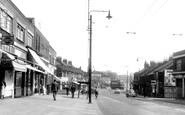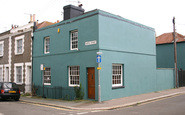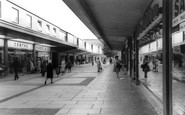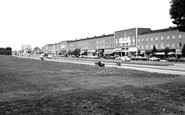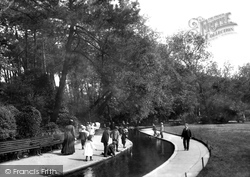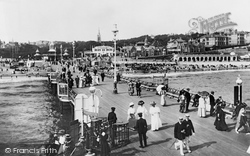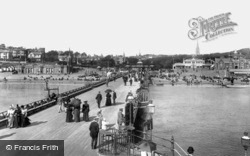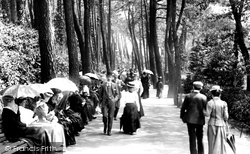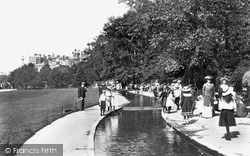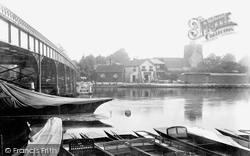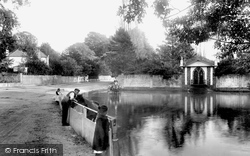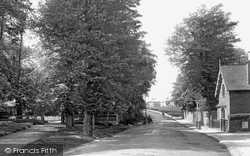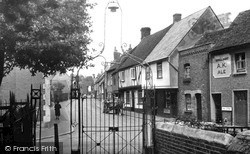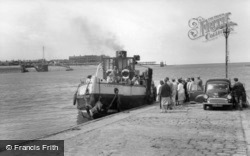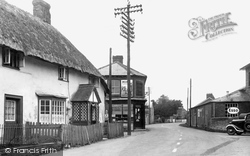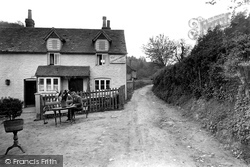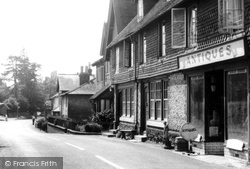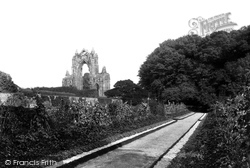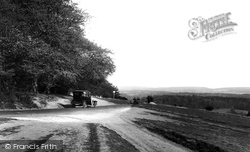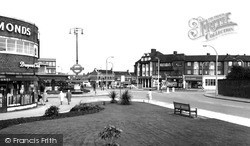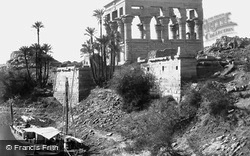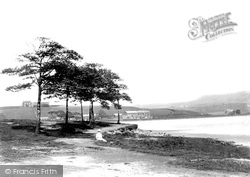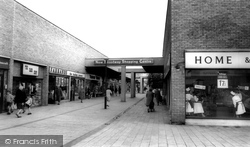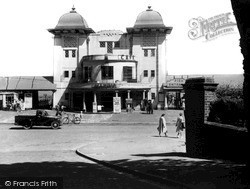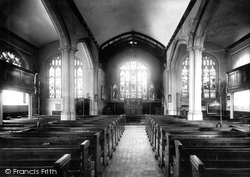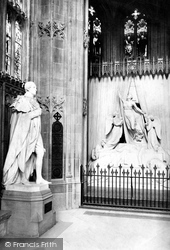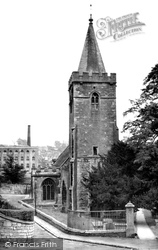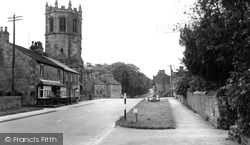Places
2 places found.
Those places high-lighted have photos. All locations may have maps, books and memories.
Photos
Sorry, no photos were found that related to your search.
Maps
9 maps found.
Books
Sorry, no books were found that related to your search.
Memories
1,564 memories found. Showing results 21 to 30.
Lost Father
Hi mine is not a memory but wanting to say my birth father was at Blandford Camp he was training to be a physical trainer his name Brian he never knew I existed as he left the camp before he knew my birth mother was pregnant. They met ...Read more
A memory of Blandford Camp by
Growing Up In Queensbury
I was born in Wellington Street on the 16th. of June 1955. My mother was Kate Holland, formerly Henderson. and my father was George E Holland. Sadly he passed away in 1939. So I dont remember very much about him. I had a ...Read more
A memory of Queensbury by
The Fairway
I was born at 28 The Fairway in 1946. There was (is) a wide grassed area down the centre of the road making it a kind of dual carriageway. In the years following the 2nd World War there were, "Pig bins", on several sections of the grass ...Read more
A memory of Northolt by
Happy Days
My name is Brian Newman and I was born in Barking in 1942. My old man was a grocer and his shop was Newman Stores in Ripple Road by the Harrow, or as we called it, the "arrer". There was a long row of shops either side of Ripple Road. I could ...Read more
A memory of Barking by
The Dairy.
I was born and grew up in 10 North Street and I remember this as the dairy at the end of the street.It was owned and run by a lovely old spinster and her deaf brother. My Mum and Nan were friends with her ( I can't remember her name ),and I ...Read more
A memory of Hastings by
Lost Opportunity?
I was born in Drayton in 1943 and was at Solent Road School and the Northern Grammar School for Boys. I then went to London University and subsequently worked abroad while returning to Portsmouth regularly where I have my UK Home for ...Read more
A memory of Portsmouth by
25 Years In Beaconsfield.
Born in Wembley, I arrived in the New Town of Beaconsfield in 1957 aged 5. With my younger sister and my parents. I left home at 17 but returned occasionally until 1981 when my parents moved to Scotland. I lived in ...Read more
A memory of Beaconsfield by
Prince Philips Visit
I was born in Billericay in 1954 and lived in Church Road, Laindon . I remember my mother and grandmother taking me to see Prince Philip when he visited Basildon. I was only a small child but I do remember seeing him walking ...Read more
A memory of Basildon by
1953 66
I was born in Hayes & lived on a council estate ,Kier Hardie Way. I had a happy childhood, lots of fields over the 'Greenway'& Kingshill Avenue. Went back in about 1985 & it was a bit shabby, then in 2000 & it all ...Read more
A memory of Hayes by
Captions
137 captions found. Showing results 49 to 72.
The Pleasure Gardens with their scented pines and attractively laid out grounds were popular with people of all ages, at a time when fashion and social mores decreed that the human form should remain
Bournemouth Pier stands above the original mouth of the River Bourne. Its construction marked the town's commitment to its role as a resort.
From the ever-green valley of the Bourne (whence arose the nucleus of this resort) Bournemouth stretches for miles in either direction upon the sandy cliffs and pine-clad table-land of a gently curving
In 1810, Lewis Tregonwell built a house on lonely heathland close to the mouth of the River Bourne. During the years that followed other wealthy Hampshire gentlemen followed his example.
In 1810, Lewis Tregonwell built a house on lonely heathland close to the mouth of the River Bourne. During the years that followed other wealthy Hampshire gentlemen followed his example.
The celebrated village of Cookham, a mile or so south of Bourne End, is seen here from the boatyard on the Buckinghamshire bank, although curiously until 1992 a strip of about 30 feet along
The pond is situated at the junction of the London and Chessington Roads.
But most of all, Edwards remembered Clay Hill - West Hill as it is now - where he enjoyed the hospitality of Colonel Dennis O'Kelly, and was taken to view his stables.
Redevelopment in the 1970s has swept away many of the buildings on the west side of Crib Street.
Fleetwood Urban District Council started the ferry service in 1894 with two sailing boats.
To this day, Hurstbourne Tarrant remains the quintessential English village.
Another of the small iron-working hamlets in the valley of the Tilling Bourne, Friday Street probably derives its name from the Scandinavian goddess Frigga; it still enjoys its peaceful setting above a
This chapter's tour finishes with an architectural flourish in Albury, a village still blighted by the A25.
Here we see the priory ruins viewed from the south as in the view of 1885; but by the time of this photograph, Margaret, later first Lady Gisborough, along with her head gardener, Kew-trained
This is one of the county's most famous beauty spots on the crest of the North Downs, providing breathtaking views across the Weald to the South Downs and Littlehampton, and into Sussex from its height
Close to the underground station are two major historic buildings.
The 12th Earl of Derby had often stayed at his uncle’s house in Banstead, the Oaks; as he was a keen sportsman, there was talk of his funding a new stakes for horse racing.
It was especially popular in the days before cheap rail tickets to the seaside became available.
This could be any town, anywhere, the epitome of the Borough Architects' brave new world of the early 1960s.
The 600-capacity New Pavilion opened in May 1929 with attendant shops, tea lounges and terrace.
The four-centred arches cover a short chancel. The stained glass in the east window is by Wailes, 1849. The north aisle's north-east window is by Kempe, 1900.
The Chapel abounds with monuments of beauty and dignity. They include the Princess Charlotte Memorial, 1817, by Matthew Cotes Wyatt, which combines the sensational with the chaste.
The eastern chapel was the Horton family's worshipping place. The stained glass in the south window has several Netherlands roundels of the 16th century and later.
St Margaret's church and the village lie in the Lune Valley, 9 miles from Lancaster.
Places (2)
Photos (0)
Memories (1564)
Books (0)
Maps (9)



